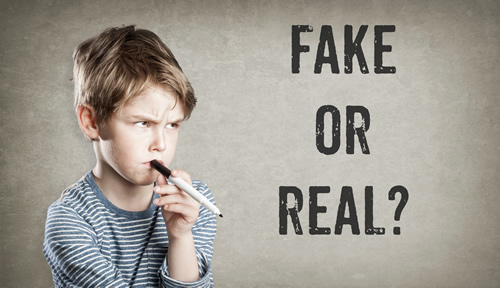For 250 years, Encyclopaedia Britannica has provided the world with researched, verified information. A global leader in education whose flagship products serve the needs of students and consumers on multiple platforms and devices, Britannica has been a pioneer in digital learning since the 1980s.
eSchool News has partnered with Britannica to bring you a fun fact each month, along with advice on how to teach today’s students how to cut through the misinformation on the internet.
Do cats cause schizophrenia?
Schizophrenia affects only 1 percent of the population. Although many people are predisposed to it, most folks are never exposed to enough stress to exhibit any of its symptoms. But could there be a correlation between this serious and complicated mental disorder and our feline friends? Amazingly, yes!
How to differentiate fact from fake
At a time when fake news spreads faster than the truth, checking your facts is essential. As a gatherer of information for 250 years, we are providing five fact-checking tips over the next five months that can be worked into a lesson activity to help students learn how to navigate the truth.
Fact-checking tip #1:
Choose your sources wisely. Some types of sources are better than others. Trust those that thoroughly review information before publishing. Try to track down the primary or authoritative voices like scholarly journals or government data rather than second-hand reports. Ask your students to search for information on a specific project such as Brexit, World War II, or President Putin. Have a discussion about the variety of information provided. Work with your students to encourage them to find the source of the site and research the author.
- 4 ways to encourage play in education - April 25, 2024
- CoSN IT Leader Spotlight: Lisa Higgins - April 25, 2024
- It’s time to pay student teachers - April 25, 2024


